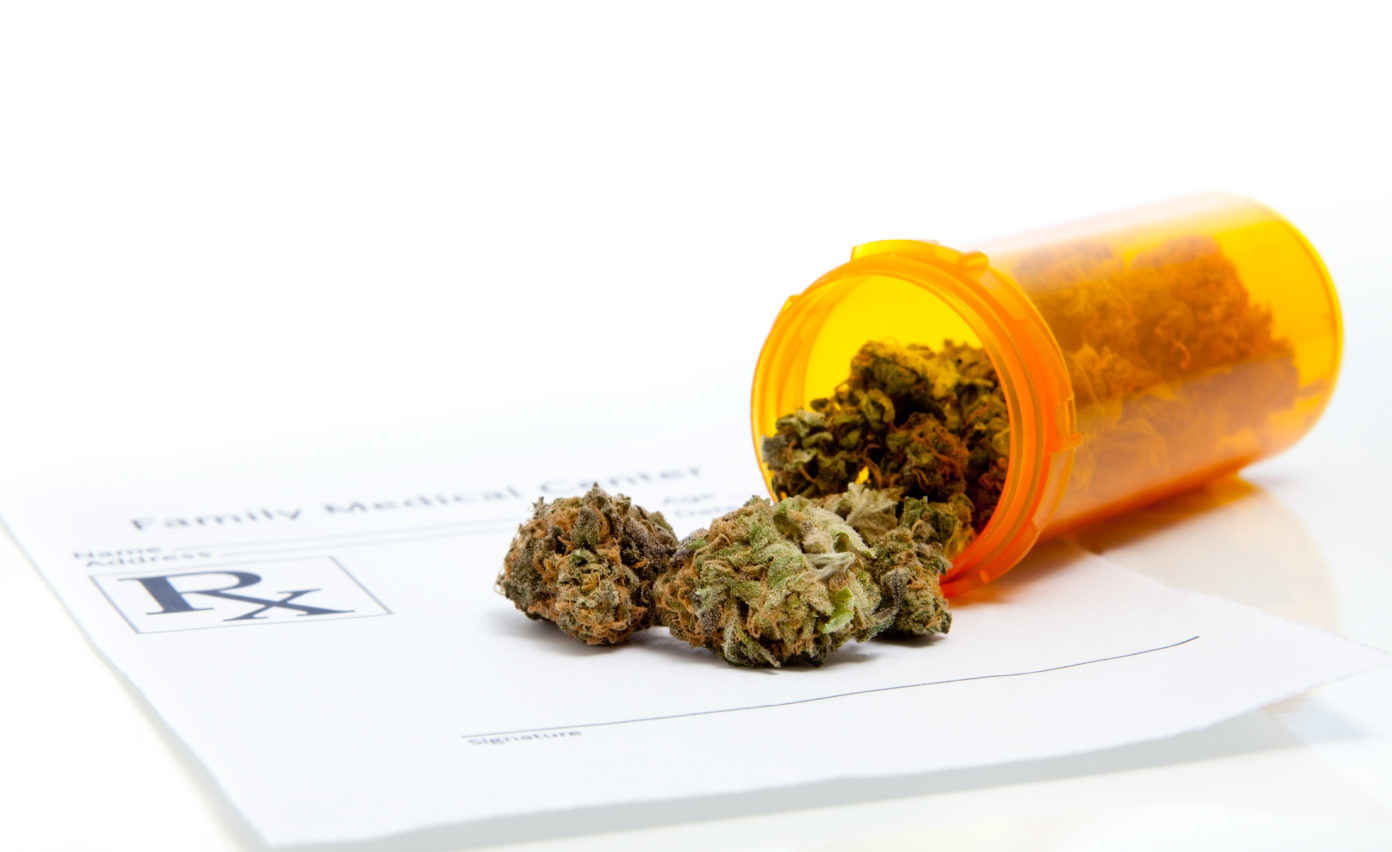Understanding the Legal Landscape Surrounding Medical Cannabis Worldwide
You're most likely aware that perspectives in the direction of clinical marijuana are changing globally, but the legal frameworks can be complex. Some nations have accepted it, while others stay purely opposed. Recognizing these differences is essential, specifically as person demands and public perceptions advance. What drives these variations, and just how do they influence gain access to for patients looking for alleviation? The solutions may shock you.
Historic Context of Clinical Cannabis Regulations
As you explore the historical context of clinical marijuana regulations, you'll find that its origins extend back countless years. Old cultures, from the Chinese to the Greeks, identified marijuana for its medical residential properties. In 2737 BC, Chinese Emperor Shen Nong documented its usage for numerous disorders. By the first century AD, Dioscorides, a Greek medical professional, included marijuana in his pharmacopoeia, highlighting its effectiveness in dealing with pain and inflammation.
Fast forward to the 19th century, when Western medication started to welcome marijuana more widely. Doctors recommended it for every little thing from migraine headaches to labor pains. The early 20th century saw a change, as societal understandings transformed, leading to stricter policies and stigmatization.
Recognizing this rich background aids you value the intricacies of modern medical marijuana legislations. It's a trip through time that exposes the developing partnership between society and this effective plant.
Present Lawful Standing by Area

The United States And copyright Introduction
Guiding via the landscape of medical marijuana regulations in North America exposes a patchwork of laws that vary considerably by area. In the United States, some states have totally accepted clinical marijuana, permitting patients access through dispensaries, while others maintain stringent prohibitions. Navigating via these diverse laws can be difficult, as each jurisdiction has its own requirements for obtaining medical marijuana, including qualifying conditions and application processes.
Europe's Diverse Rules
Guiding through the lawful landscape of medical cannabis in Europe can be complex, provided the significant variations in regulations throughout different countries. In some nations, like Germany and Italy, medical cannabis is lawful and obtainable with a prescription. Others, such as France, have much more limiting policies, permitting only minimal accessibility through details trials. The UK has actually also made strides, allowing particular cannabis-based medications, however the process stays troublesome. Countries like the Netherlands embrace a more liberal method, though formal guidelines still lag behind. As you explore these diverse laws, it is critical to remain informed, as regulations can alter rapidly and vary greatly from one country to one more. Understanding these subtleties can aid you navigate the advancing landscape properly.
Asia-Pacific Legal Trends
The Asia-Pacific region showcases a rapidly developing landscape for medical cannabis legislations, showing a mix of traditional and dynamic strategies. Nations like Australia and New Zealand have welcomed legalisation, using regulated access to clinical marijuana. In Australia, clients can acquire prescriptions, while New Zealand recently passed a vote to allow clinical usage.
On the various other hand, nations like Japan and South Korea preserve more stringent guidelines, allowing only minimal access to cannabis-derived products. Regardless of these constraints, public viewpoint is changing, with enhancing require reform.
As you navigate this complex landscape, remain educated regarding neighborhood laws, as they can vary considerably from one country to another, influencing individual gain access to and sector development in the region.
Key Countries Leading the Means in Clinical Cannabis
As you explore the landscape of clinical marijuana, you'll locate a number of countries setting impressive legalization turning points. These nations not just develop governing frameworks that guarantee risk-free accessibility but also lead the way in clinical study innovations. Recognizing their techniques will offer you important understandings right into the future of marijuana use in medical care.
Legalisation Milestones Achieved
While lots of nations grapple with the intricacies of marijuana policy, numerous have actually made substantial strides in legalizing clinical cannabis, setting important criteria. copyright became a leader in 2001, allowing people accessibility to medical marijuana, paving the method for cannabis dispensary daly city various other nations. In the United States, various states have actually legalized medical cannabis, creating a jumble of laws that affect public perception and policy.
Regulatory Frameworks Clarified
Comprehending the regulative structures controling medical marijuana is crucial for grasping how different countries approach its usage. The United States offers a patchwork of policies, with states like The golden state and Colorado leading in dynamic plans, yet federal regulations still develop websites obstacles. By acquainting on your own with these structures, you can much better recognize the global landscape of medical marijuana.
Medical Research Study Advancements
Countries around the globe are making significant strides in medical marijuana research study, leading to a much better understanding of its healing potential. In the United States, institutions like the National Institutes of Health (NIH) are funding studies on cannabis's effects on persistent discomfort and epilepsy. As these countries push ahead, you'll witness an advancement in clinical practices and a clearer image of how marijuana can improve person outcomes worldwide.
Obstacles and Barriers to Gain access to
Accessing clinical marijuana can be laden with challenges that stem from varying state legislations and laws. You might find that in some states, the process to obtain a clinical marijuana card is complicated and extensive, requiring substantial paperwork or examinations with authorized doctor. In addition, also if you qualify, the variety of dispensaries can be limited, making it challenging to find a close-by resource.
Stigma surrounding cannabis use can additionally produce barriers, as some medical care suppliers might be reluctant to discuss or prescribe it. In addition, insurance protection for clinical cannabis is typically lacking, compeling you to pay out-of-pocket. In nations where cannabis remains illegal, the dangers of lawful repercussions can discourage clients from seeking the therapy they need. Steering via this complex landscape can really feel frustrating, but recognizing these challenges is essential for anyone taking into consideration clinical marijuana as a therapeutic option.
Impact of Clinical Cannabis on Health Outcomes
While lots of people stay unconvinced regarding cannabis, research study significantly shows its prospective benefits for numerous health conditions. You could be stunned to find out that medical cannabis can help reduce persistent discomfort, lower inflammation, and handle symptoms of anxiety and clinical depression (Kentucky Medical Cannabis Doctor). For individuals battling conditions like epilepsy or numerous sclerosis, cannabis has demonstrated significant therapeutic effects, supplying alleviation when conventional treatments fail
Furthermore, research studies suggest that some elements of cannabis, such as CBD, can improve overall lifestyle for individuals undergoing treatments like radiation treatment. It's critical to consider that individual feedbacks to cannabis can vary widely, so what help a single person might not benefit an additional. As you check out the possible influence of medical marijuana on health end results, speak with and maintain an open mind with medical care experts to customize a therapy strategy that matches your one-of-a-kind demands and scenarios.
The Duty of Health Care Providers in Patient Accessibility
As you navigate the intricacies of clinical cannabis regulations, it is important to recognize the critical function doctor play in patient gain access to. These experts act as vital guides, helping people comprehend their alternatives and navigate legal requirements. They can assess whether clinical marijuana is proper for your condition and supply documents required for legal accessibility.
Moreover, doctor frequently educate people about the potential benefits and risks of marijuana use, ensuring informed decisions. They can suggest appropriate pressures, dosages, and methods of intake tailored to private requirements. Their support is essential, particularly in regions where legislations differ substantially.

Future Trends and Forecasts for Medical Cannabis Legislations
Doctor will remain to form the landscape of medical marijuana laws as they support for person demands and engage with policymakers. You can anticipate a growing pattern in the direction of even more comprehensive regulation that identifies the healing benefits of marijuana. As study expands, more medical cannabis and partners nations will likely take on guidelines that help with access for patients dealing with various problems.
Popular opinion is changing, also, with raising approval leading the way for reform - Kentucky Medical Cannabis Doctor. You could see a rise in medical marijuana programs customized to details demographics, such as professionals and senior citizens
Furthermore, as medical care systems integrate marijuana right into therapy methods, insurance providers might start covering cannabis-related expenses, better legitimizing its use.
Ultimately, global collaborations could emerge, bring about standardized regulations and high quality control steps. Overall, the future of medical marijuana laws appears dynamic and appealing, driven by evidence, campaigning for, and patient-centered treatment.
Frequently Asked Inquiries
Just How Do International Treaties Affect Medical Cannabis Legislation?
International treaties can form your country's medical marijuana laws by establishing restrictions or guidelines. When countries comply with these contracts, it frequently influences neighborhood regulation, making it crucial for you to stay educated on changes.
What Are the Adultness Requirements for Medical Cannabis Use?
The lawful age for clinical cannabis use varies by territory. In several places, you must go to the very least 18, yet some enable minors with parental permission. Constantly examine neighborhood legislations before waging medical marijuana.
Can Employers Fire Employees for Medical Marijuana Usage?
Yes, employers can discharge you for clinical cannabis use, depending on state regulations and firm policies. If your task calls for medicine screening or if cannabis influences your efficiency, they might act. Always examine your workplace guidelines.
Are There Limitations on Clinical Marijuana Advertising And Marketing?
Yes, there are restrictions on clinical cannabis advertising and marketing. You'll locate guidelines vary by territory, often banning deceptive insurance claims and needing particular health and wellness cautions. It's essential to check regional laws to assure compliance prior to advertising and marketing.
Just How Do Medical Marijuana Regulation Differ for Veterans?
Clinical marijuana laws for professionals commonly include special arrangements, enabling less complicated accessibility or benefits. Some states focus on proficient needs, while others may restrict use. It's important to inspect your neighborhood guidelines for specifics.
While several nations grapple with the intricacies of marijuana policy, a number of have actually made substantial strides in legislating medical marijuana, setting essential precedents. In the United States, various states have actually legislated medical cannabis, producing a patchwork of regulations that influence public understanding and plan.Accessing medical marijuana can be laden with challenges that stem from differing state laws and laws.As you browse the intricacies of medical cannabis laws, it is important to recognize the critical function health care providers play in individual accessibility.Healthcare service providers will certainly proceed to form the landscape of clinical marijuana legislations as they advocate for client demands and involve with policymakers.